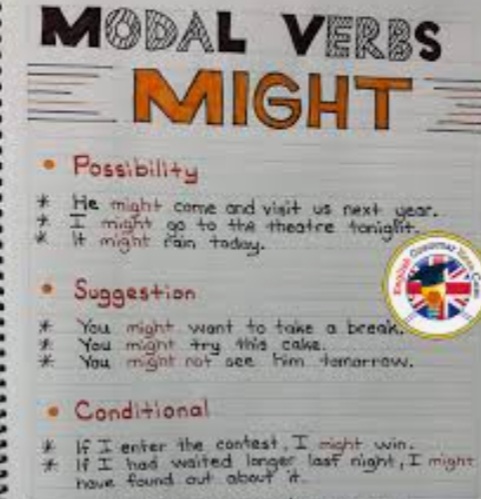*🟡Different ways of saying I want*
 🟡🪄💚
🟡🪄💚*🟡Different ways of saying I want*
1. I feel like + *verb ing or noun.*
2. I am in the mood for + *noun*
3. I really fancy + *verb ing / noun*
4. I'd kill for + *noun*
5. I am dying for + *noun / to do something.*
6. I'm counting the days until......
7. I'm up for + *noun/verb ing*
*⚪Different ways of saying I am angry*
• I am furious
• I am irritated
• I am outraged
• I am mad at....
• I am pissed off
• I am ticked off
• I am bothered
*🟡Stop saying good bye Use:*
• Catch you later
• Farewell
• see you lanow
• have a nice day
• bye bye
• take care
• later
• laters/cya
• I'm out of here
• I'm out
• I gotta take off/leave
• I'm off
• Keep in touch
• talk to you later
• it was lovely/nice seeing ynow
• All the best
• peace out
• bye for now
*⚪Different ways to say "yes" agreeing with an opinion.*
• so true
• indeeis
• uhuh
• Totally
• absolutely
• my thoughts exactly
• oh we see eye to eye
• he/she/it really is
*🟡Different ways to say yes to a request.*
• sure
• no problem
• sure thing
• no worries
• Consider it done
• I am on it
• I'd be delighted
• I'd love to...
• Absolutely
• of course
• Certainly
• yep/yeah
*⚪Different ways to show gratitude .*
• to be appreciative
• to be at a loss for words
• to be eternally grateful
• to be immensely grateful
• to be thankful
Etc.....
*🟡Different ways of saying I am bored*
• to be fed up
• to be bored to death
• to be bored to tears
• to have had it up to here
_E.g. I have been at home for a long time. I have had it up to here . I will find a job._
*⚪Other ways of saying "I agree"*
1. You can say that again !
2. Yes. Exactly my point !
3. You got it !
4. I couldn't agree more !
5. Yep, I'll go along with that
6. We are on the same page
7. You took the words right out of my mouth
*🟡Formal and informal ways to ask for repetition:*
*⚪Informal*
1. Sorry ?
2. I'm sorry ?
3. Pardon ?
4. Excuse me ?
5. Come again
6. What ?
7. Eh ?
*🟡Formal*
1. I am sorry , I didn't quite catch that
2. I am sorry, I didn't hear what you said
3. I am sorry, would you mind repeating that again ?
4. Would you repeat that, please ?
5. Sorry, what did you say
6. Excuse me
7. I beg your pardon ?
_*dew
🟡🪄💜









.jpeg?alt=media&token=287af7e9-e26c-48ea-9bf1-4843bef929f3)


.jpeg?alt=media&token=56538c68-7c83-4133-8e2f-176f9caa110a)
.jpeg?alt=media&token=258da677-b5dd-4af4-b3ff-d3aac7cda047)
.jpeg?alt=media&token=6ec6772e-2b19-4796-be7e-6b6b112a92d9)


.jpeg?alt=media&token=2c5174b8-ed4f-4450-8df6-c8352266d6bc)
.jpeg?alt=media&token=ec37e33a-b041-43b9-9f4c-96aa6a0fe82e)
.jpeg?alt=media&token=402167d6-6259-4db9-a222-36200b707f56)









